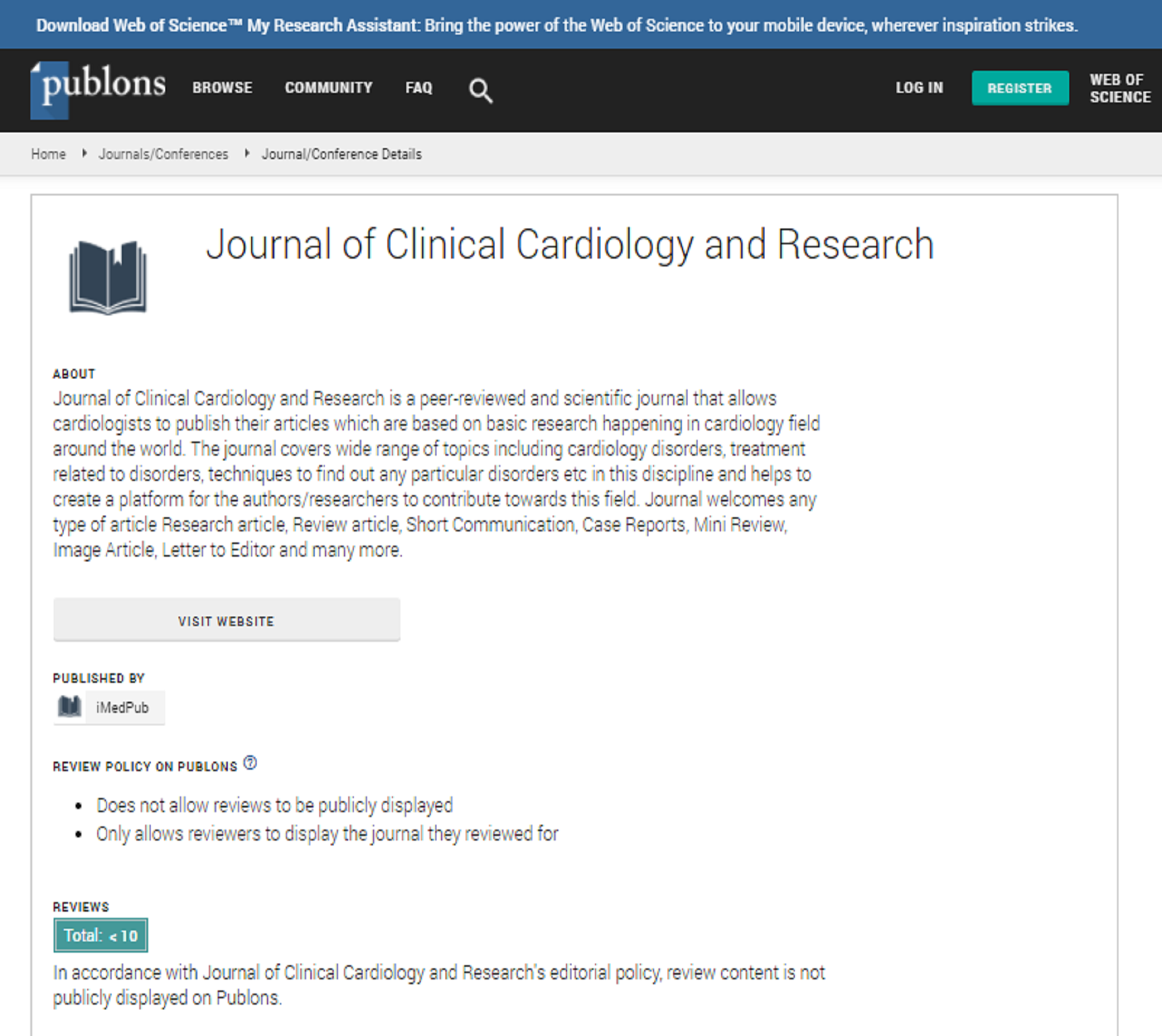Potential pleiotropic effects of ticagrelor. What are we missing in the clinical setting?
International Conference on Heart and Cardiovascular Diseases
July 21, 2021 | WEBINAR
Yochai Birnbaum
Baylor College of Medicine, USA
Keynote: J Clin Cardiol Res
Abstract
Ticagrelor is a direct acting, reversibly binding P2Y12 receptor antagonist with demonstrated mortality benefit in the treatment of acute coronary syndrome (ACS), as well as the chronic management of ischemic heart disease. In addition to potent P2Y12 inhibition, ticagrelor also possesses potential off-target cardioprotective effects including acute protection against ischemia-reperfusion injury, and chronic effects involving recovery from reperfusion therapy, prevention of remodeling after infarction, and anti-inflammatory properties that counter the progression of atherosclerosis. The pivotal role of ticagrelor was demonstrated in the landmark PLATO trial, which demonstrated superiority of dual antiplatelet therapy with ticagrelor over clopidogrel in patients with ACS treated with or without invasive revascularization. The favorable profile of ticagrelor over clopidogrel was seen across the vast majority of subgroup analyses. However, regional differences were observed with the primary endpoint tended to occur more frequently in the ticagrelor group compared to the clopidogrel group in the North American population. This lack of benefit of ticagrelor in the North American population was thought to be secondary to higher maintenance dosing of aspirin in the United States compared to other countries. While the demonstrable benefit of ticagrelor is reflected in current practice guidelines, several smaller clinical trials have reported conflicting data regarding the cardiovascular benefit of ticagrelor. This review aims to identify potential explanations to account for the differences in the efficacy of ticagrelor between clinical trials. Iwill also analyze the basic science behind the pleiotropic effects of ticagrelor to facilitate a better understanding of these different outcomes.
Biography
Yochai Birnbaum has completed his MD in 1982 at the Hebrew University, Jerusalem, Israel. He is a Professor of Medicine and the John S. Dunn Chair in Cardiology Research and Education at Baylor College of Medicine, Houston, Texas. He has published 387 papers in reputed journals, and has been serving as an editorial board member of several journals. He is the Editor in Chief of Cardiovascular Drugs and Therapy.
Google Scholar citation report
Journal of Clinical Cardiology and Research peer review process verified at publons
Abstracted/Indexed in
- Google Scholar
- Publons
Open Access Journals
- Aquaculture & Veterinary Science
- Chemistry & Chemical Sciences
- Clinical Sciences
- Engineering
- General Science
- Genetics & Molecular Biology
- Health Care & Nursing
- Immunology & Microbiology
- Materials Science
- Mathematics & Physics
- Medical Sciences
- Neurology & Psychiatry
- Oncology & Cancer Science
- Pharmaceutical Sciences

